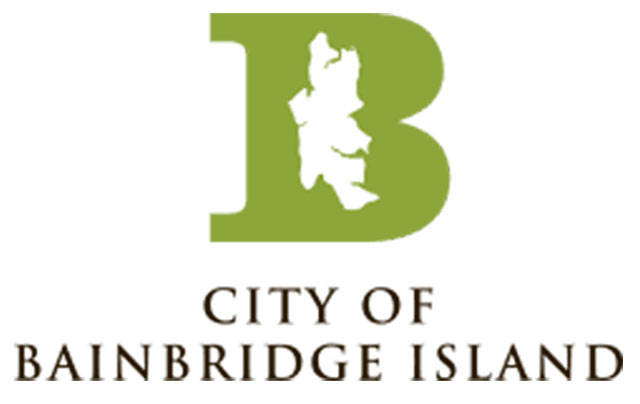Worried that a new “clean fuel standard” in Washington would create the most expensive gasoline prices in the nation for Evergreen State drivers, business advocacy groups across the region are asking the Puget Sound Clean Air Agency to step back and let the state take up the issue of a rule that would reduce greenhouse gases.
The Puget Sound Clean Air Agency is considering a clean fuel standard that would apply to transportation fuels supplied or sold in King, Kitsap, Pierce, and Snohomish counties.
The agency — which works to protect air quality in the four-county region — notes that “transportation is the primary source of climate pollution in the Puget Sound region,” and is responsible more than 40 percent of the region’s greenhouse gas pollution.
The Bainbridge Island City Council passed a resolution last month calling for the Puget Sound Clean Air Agency and the Legislature to adopt a “clean fuel standard” in Washington state.
But the draft rule prepared by the agency is prompting concern — and opposition — through the four-county region.
The Economic Development Board for Tacoma-Pierce County, the Kitsap Economic Development Alliance, and the Economic Alliance Snohomish County have authored a letter opposing the agency’s proposed clean fuel standard.
The Kitsap Economic Development Alliance is asking the Bainbridge city council for feedback on the letter, and the council is planning to talk about the request at its meeting Tuesday.
In the letter, the groups note that they also want to reduce carbon output and greenhouse gas emissions from transportation fuels.
The economic development groups, however, are questioning the effectiveness of the agency’s proposed standard and maintain it will have a “disproportionate impact on families and businesses in the Puget Sound Region.”
The cost of a gallon of gas will increase by up to 57 cents a gallon if the standard is passed, the groups note, citing a consultant report on the proposal prepared by a consultant for the Puget Sound Clean Air Agency.
“If the standard is implemented, the Puget Sound Region will have the most expensive gasoline in the nation by an extraordinary margin,” the letter states.
The letter also warns that families and businesses will travel outside the four-county region to buy gas.
“This flight to cheaper fuel will increase miles driven, increase air emissions, and leak dollars out of the region. We ask that PSCAA conduct a thorough analysis of these impacts,” the letter says.
The letter also notes that an increase in gas prices will hurt poor families the most, and adds that a “deficit and credit trading” system that is part of the proposed clean fuel standard doesn’t include metrics to measure and reduce pollution, and there is no system that will guarantee that programs are “actually moving the needle on cleaner air.”
“The analysis completed by PSCAA’s consultant, ICF, overlooks the disproportionate impacts to our lowest-income households in the region,” the letter continues.
“As our population grows, many families are forced to move further from jobs to find affordable housing into areas that don’t have access to transit. Moreover, studies show lower income families spend a significantly higher percentage of their income on transportation already. Our most vulnerable community members who can’t afford electric cars and don’t have access to transit in suburban and rural areas will be forced to continue using gasoline, making the costs imposed by the new standard highly regressive.”
The letter also said the draft rule “intends to incentivize a switch from fossil fuels to electricity by raising the cost of fossil fuels.”
“The region’s economic clusters of aerospace, trade, logistics, manufacturing and military have no viable option for electrifying commercial vehicle fleets and must continue to use diesel fuel whether or not the draft standard is passed,” the letter says, and asks the agency to conduct a thorough analysis of potential impacts.
The letter is signed by John Powers, president of the Kitsap Economic Development Alliance; Bruce Kendall, president of the Economic Development Board for Tacoma-Pierce County; and Patrick Pierce, president of the Economic Alliance Snohomish County.
“Air knows no boundaries. Fundamentally, this is a state-wide issue and should be taken up at the state level. We ask that PSCAA work with the Legislature and the Governor to find an effective state-wide solution that balances environmental, social and economic factors,” the letter concludes.
A public comment period on the agency’s draft rule is currently open (https://pscleanair.gov), and closes on Feb. 10.
The Bainbridge council approved a resolution supporting the clean fuel standard at its Dec. 10 meeting, and the resolution said the proposal was “an essential component of Bainbridge Island’s commitment to reducing harmful air pollution; protecting Washingtonians’ health and the well-being of our children; promoting clean energy deployment and investing in our local economy; and achieving greenhouse gas reductions to maintain a stable climate for our future.”



